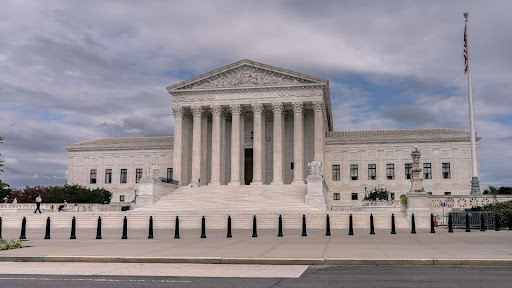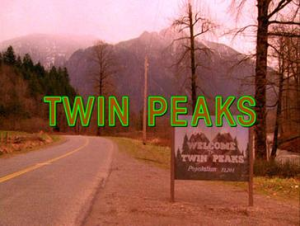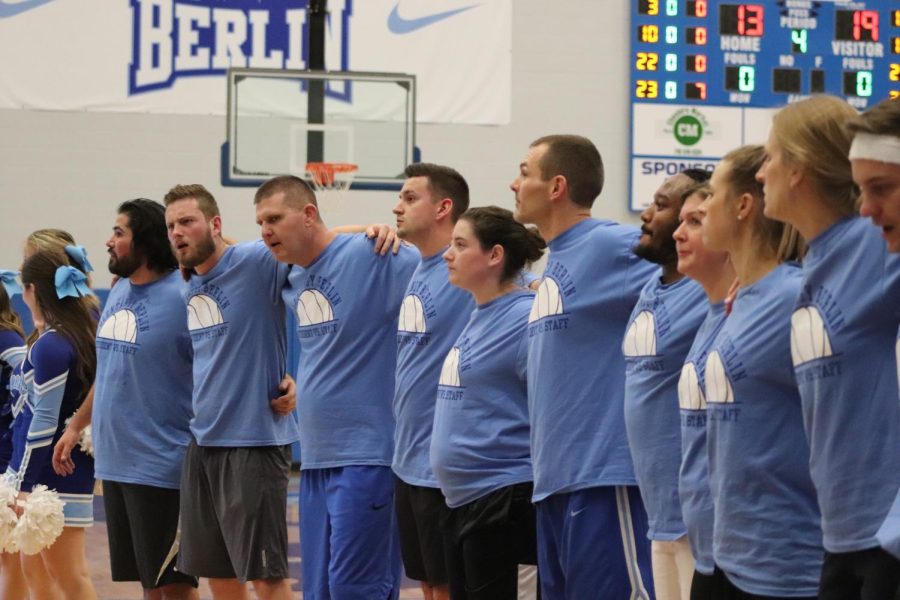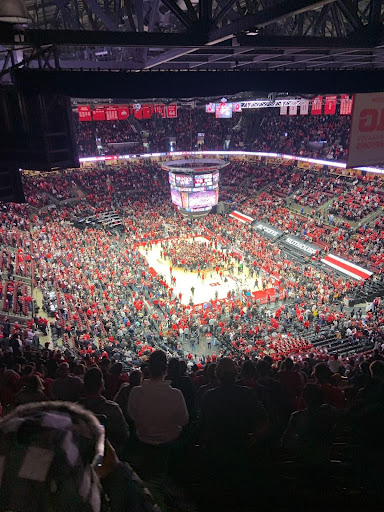Supreme Court crashes down on state ruling regarding crimes on native lands

Photo courtesy: Unsplash: The Supreme Court, the building where the decision was made to reverse numerous laws as of recent.
September 14, 2022
Following the case of Manuel Castro-Huerta, a case first left set aside after a 2019 court decision, the court ruled that states have the power to prosecute crimes committed by non-Native’s on Native land.
The court originally ruled that the state could not bring criminal prosecutions for crimes on Native land without the consent of the Native tribes. Though seemingly a black and white case, it has much discussion and concern floating about the newest court rule.
The effects of the newest case is difficult to understand without looking at the 2019 court rule effects. The restriction of state ability to prosecute those accused of crimes on Native territory left only tribal and federal courts to prosecute. Including this non-Native’s generally were not authorized to be prosecuted by tribal courts. According to NPR news, the federal government stated that the result of this decision was a 400% increase in federal prosecutions from 2020-2021 . This included a majority of those individuals who received lighter sentences or plea deals.
After a review of the 2019 court decision results, the governor and attorney general of Oklahoma asked the Supreme Court to reverse its earlier decision. Though originally the court refused, they later issued a newer decision that the state would have power to prosecute Non-natives on Native land.
According to the New York Times, Justice Kavanaugh stated that the majority decision was based largely in part on practicalities .
“Native country is part of the state and not separate from the state and therefore unless congress states otherwise the state has jurisdiction,” Kavanaugh said.
Also according to NYT, Justice Gorsuch, one of the most conservative on the court, did not vote with his fellow conservatives. The many opinions on the decision range from full agreement to the worry of Native sovereignty and how far we may go with interfering on Native tribes and Native Land.
“Where this court stood firm then, today it wilts,” Gorsuch said.


















